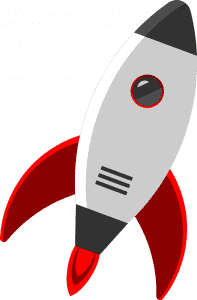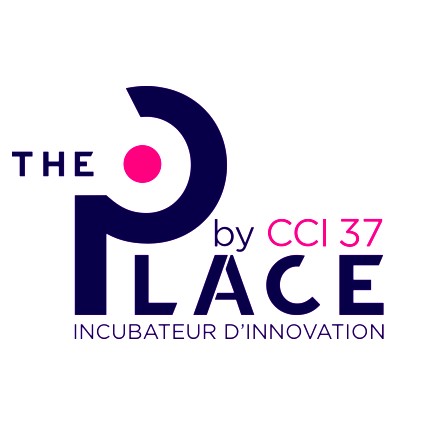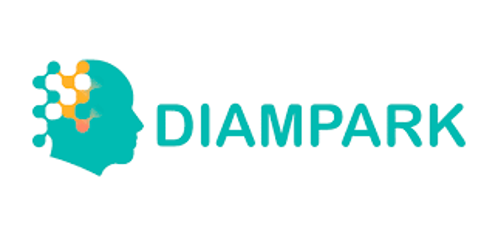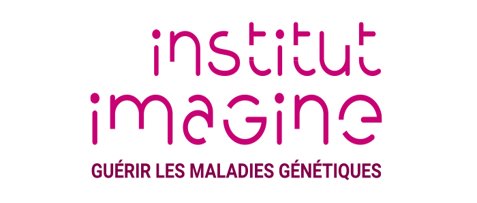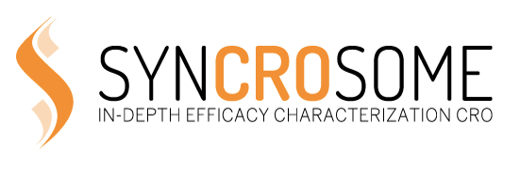Le principe de notre plateforme de Medtech
Médicament d’utilité insoupçonnée
Méthodologie de travail propre à l’expertise de CXS Therapeutics, pour une identification optimisée de la molécule d’intérêt.
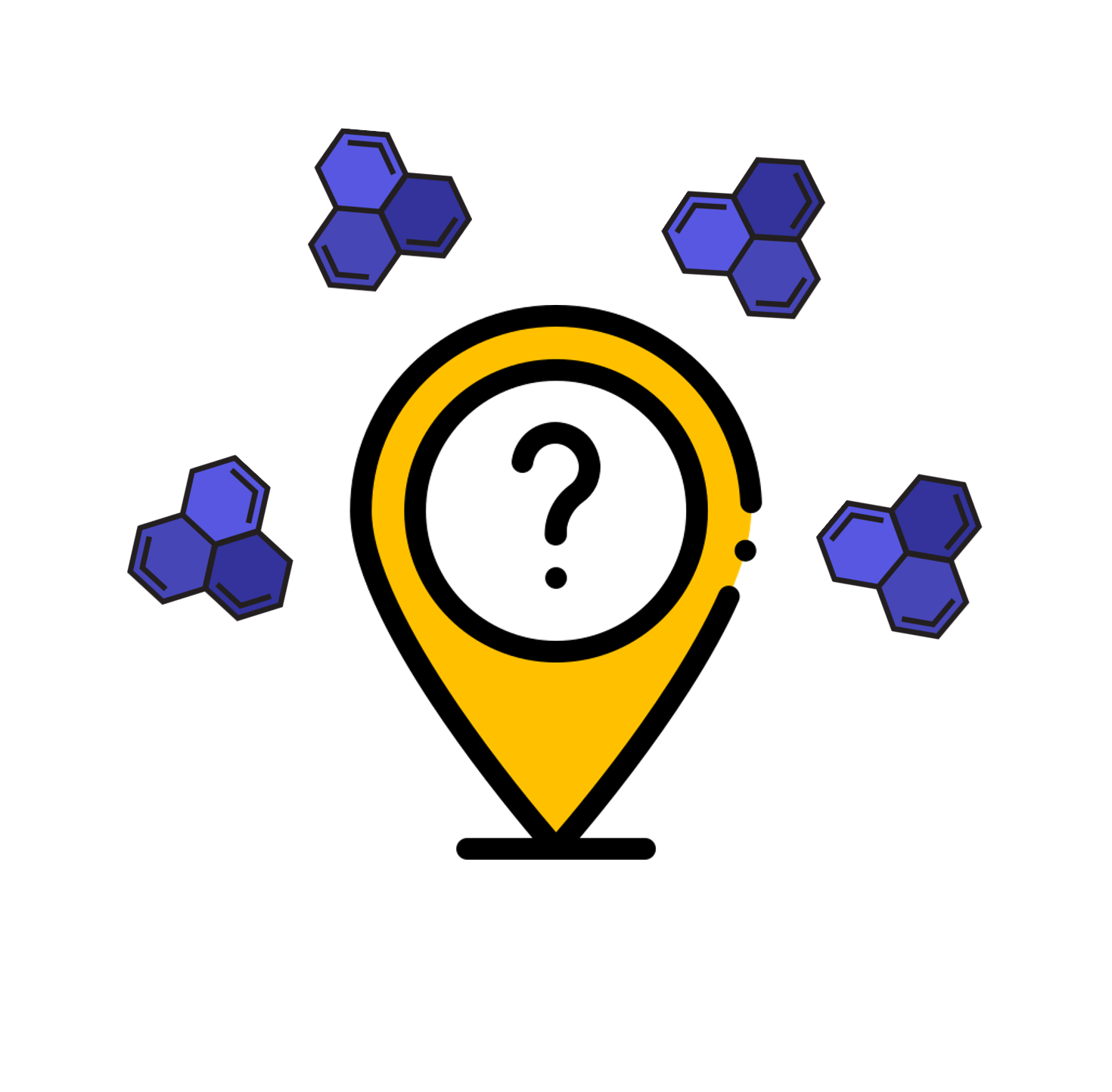
Outils bio-informatiques d’identification
Utilisation d’outils transdisciplinaires dédiés et exploration méthodique et calibrée des ressources bibliographiques.
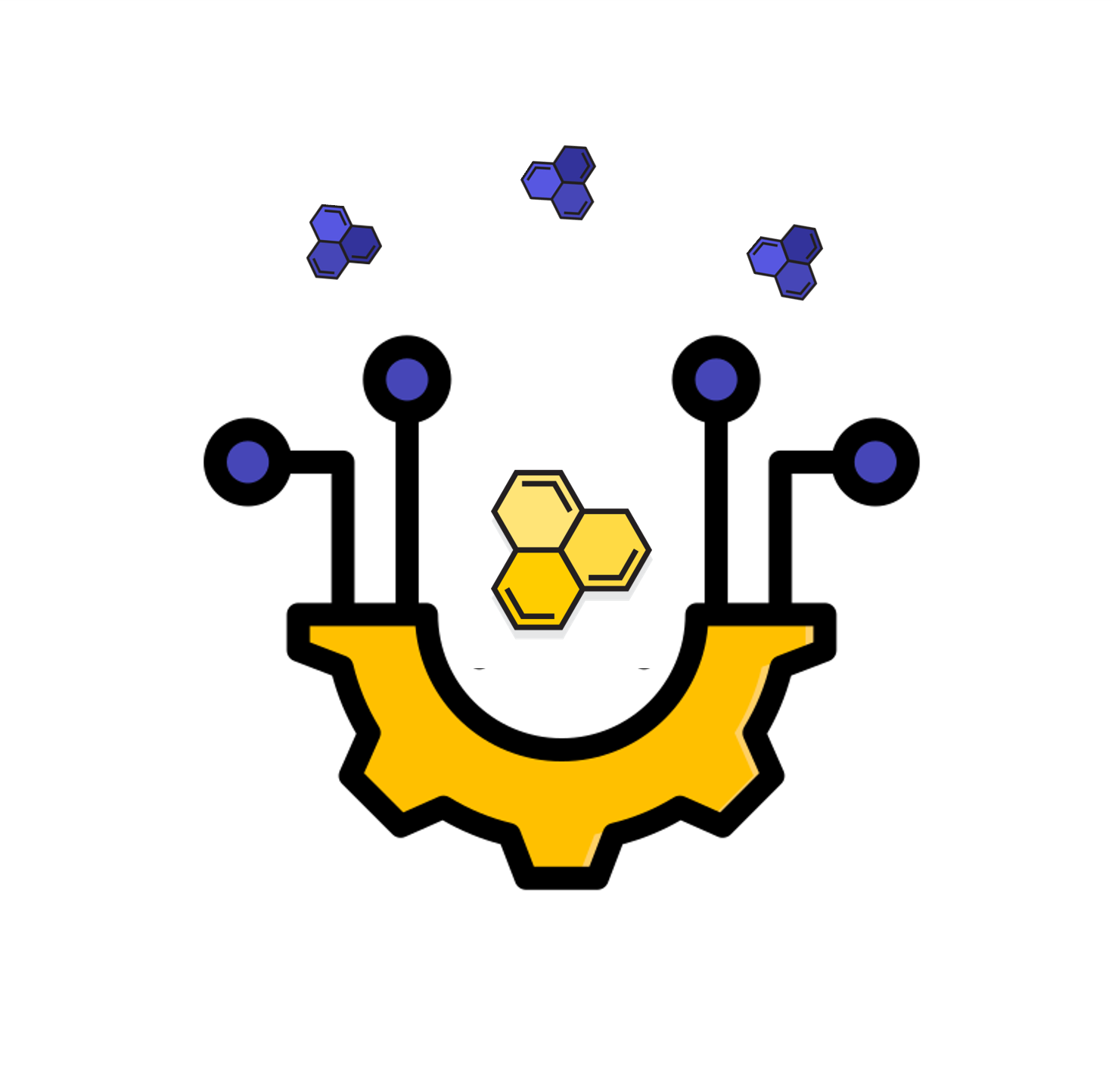
Réponse au besoin thérapeutique
Dans le cadre des maladies affectant le système nerveux central, en sélectionnant des cibles thérapeutiques adaptées aux patients.
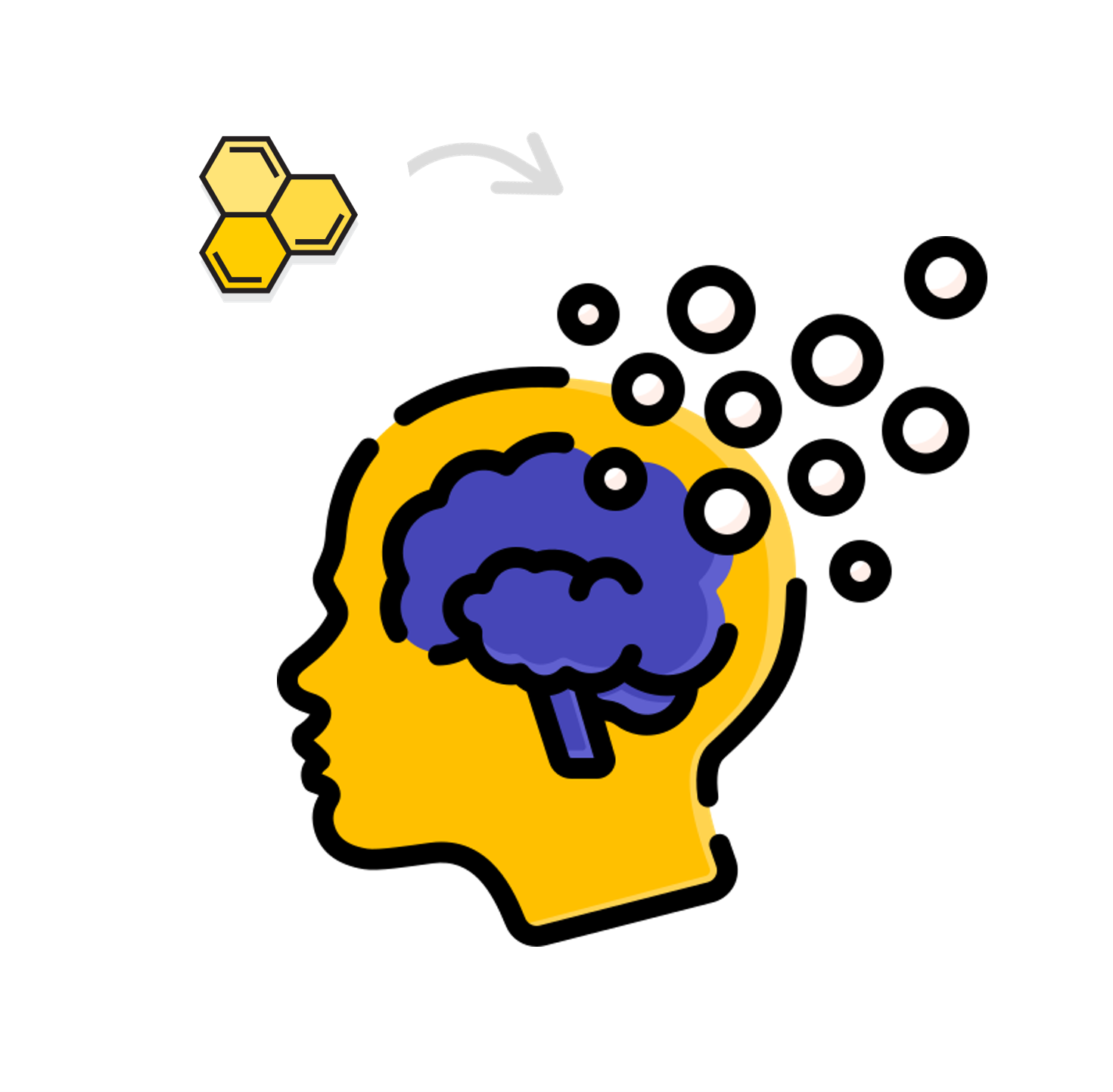
Un focus sur les maladies du système nerveux central
Un choix pragmatique

Prévalence importante
900 000 personnes atteintes d’Alzheimer, 150 000 de sclérose en plaques, et environ 270 000 de Parkinson.

Fardeau considérable
Qualité de vie, coûts socio-économiques. Vieillissement de la population et hausse de l’incidence chez les moins de 50 ans.

Besoin d’innovation
Amélioration des diagnostics, des traitements, des politiques de santé et du soutien aux patients et proches.
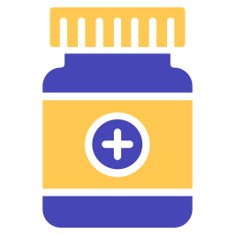
Besoin médical
Uniquement des solutions visant à ralentir la progression de la maladie et à contrôler les symptômes.
Un choix motivé par l’histoire personnelle de l’un des fondateurs

Défi « Parkinson sur Loire »
Récolte de fonds et financements d’expérimentations pour un traitement contre la maladie.

Création de CXS Therapeutics
Brevet provisoire de traitement et application de la méthodologie de recherche aux maladies du SNC.
Le message de Guillaume
La découverte de sa pathologie, la genèse de notre plateforme medtech, son ressenti au fur et à mesure de cette aventure, il vous raconte tout !
Les intérêts du repurposing
Traiter une maladie par un médicament venant d’une autre aire thérapeutique. Offrir de nouvelles indications thérapeutiques aux patients en répondant à 4 problématiques principales.
Sécurité

Médicaments déjà approuvés et éprouvés. Capitaliser sur les données issues des précédents essais cliniques.
Urgence

Rendre disponibles des traitements efficaces le plus rapidement possible pour les patients en attente.
Economie

Réduire les coûts ainsi que le temps nécessaire pour amener une nouvelle thérapie sur le marché.
Recherche
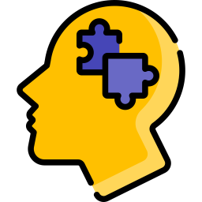
Découvrir de nouveaux mécanismes d’action pour des médicaments existants dans le cadre d’une autre maladie.
Application au domaine des maladies neurologiques
Défi majeur en termes de développement de nouveaux traitements efficaces (Alzheimer, Parkinson, sclérose en plaques et autres affections du système nerveux central).
Maladies chroniques, incurables et invalidantes

Nombre important de patients atteints
Pathologies multifactorielles aux mécanismes complexes

Manque de thérapies efficaces
Les outils différenciants développés par CXS
Une méthodologie d’investigation pensée pour un redéveloppement pharmaceutique optimal.

Méthodologie
Choix de la pathologie d’intérêt dans la sphère neurologique
Identification du ou des facteur(s) compensatoires
Redéveloppement pharmaceutique de la ou des cible(s) identifiée(s)

Cahier des charges
Corrélation au niveau d’expression et identification du mécanisme
Origine de facteur(s) de risque majeur(s) et existence d’un marché
Médicament libre de droits ou droits non exploités

Moyens mis en oeuvre
Bibliographie sans à priori et ciblée , pathologies connexes
Bases de données, protocoles expérimentaux.
Forme, (co)formulation, administration : PI
Notre premier « hit », la maladie de Parkinson
Rappel essentiel
● La maladie de Parkinson est la 2ème pathologie neurodégénérative la plus fréquente après la maladie d’Alzheimer.
● Elle touche 270 000 personnes en France, chiffre en constante augmentation en lien avec le vieillissement de la population.
● Elle se caractérise par une dégénérescence des neurones dopaminergiques.
● D’un point de vue symptomatique, les signes cliniques connus regroupent les tremblements, la lenteur des mouvements et la rigidité musculaire.

L’objectif de notre traitement ?
Le but des traitements actuels est de compenser le déficit en dopamine. En somme, ils ont pour objectif de corriger les symptômes mais pas d’enrayer le mécanisme à l’origine de la maladie. C’est en regard de cette problématique que notre travail vise à restaurer une partie de la production dopaminergique en protégeant les neurones contre la dégénérescence.
Découvrir les résultats concernant le « hit » Parkinson sur SAPPIENS
SAPPIENS est une filiale créée suite à l’identification de ce premier candidat-médicament par CXS Therapeutics. Elle a pour objectif de réaliser le développement pharmaceutique d’un premier traitement à visée neuroprotectrice, le CXS003.
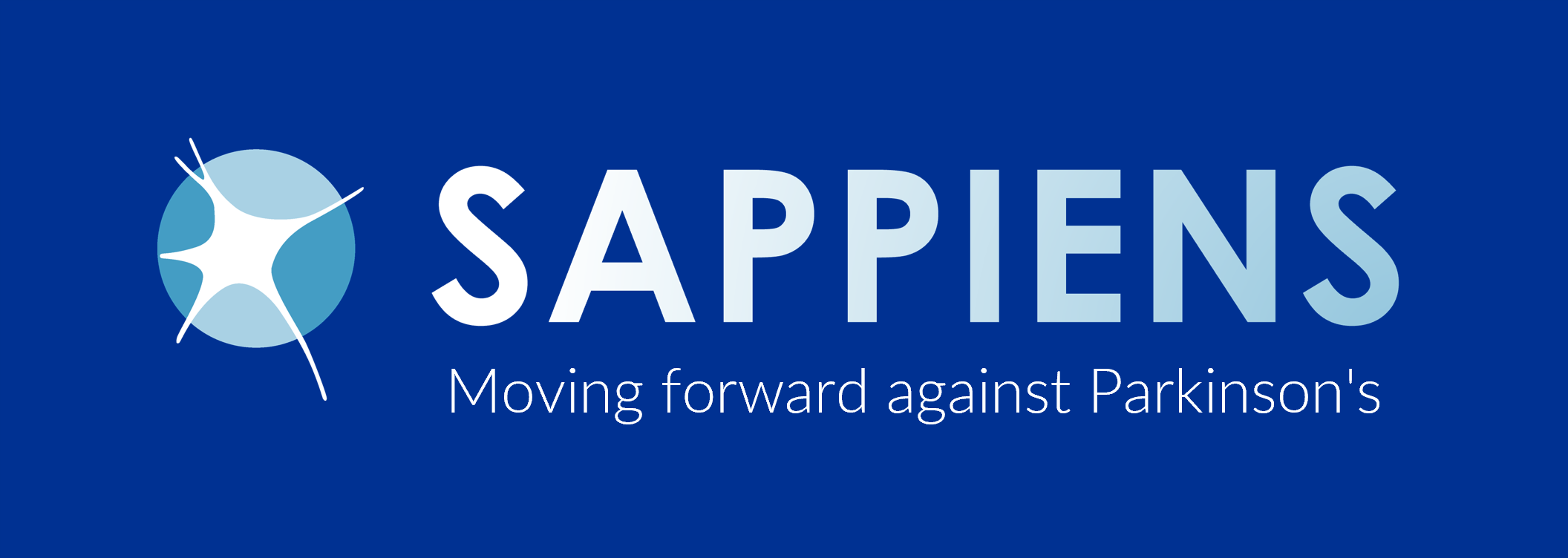
Les acteurs derrière CXS Therapeutics
Avant tout un groupe. Un groupe complémentaire, soudé et motivé par le combat de Guillaume en plus d’une volonté commune : proposer des traitements pour des maladies du SNC là où le besoin existe.

Guillaume Brachet
Pharmacien hospitalier, chercheur et expert en infectiologie, vaccinologie et sciences du médicament, consultant en innovation pharmaceutique.

Anthony Alioui
Doctorat en génétique et physiologie moléculaire, fondateur de MS PEDAGO (organisme de promotion en santé) et expert en ingénierie pédagogique et communication.

Nadine Mackenzie
Médecin rhumatologue, directrice médicale dans l’industrie pharmaceutique durant 20 ans, et ex-membre du comité de direction de LEO Pharma France.

Philippe Nussbaumer
Expert en création et développement d’entreprises innovantes, co-fondateur de la biotech ALAXIA, co-fondateur d’un fond d’investissement « early stage » Deeptech.

Djamchid Dalili
Ecole polytechnique et doctorat en physique nucléaire, fondateur de la 3W Academy (école de développeurs), fondateur et CEO de la medtech DIAMPARK (Parkinson).

Gabrielle Gache
Master d’économie et MBA (HEC). Market access et Business Dev. pharmaceutique depuis 30 ans. Membre du directoire de la « Swiss licensing group » de 2015 à 2022.
Vous souhaitez investir ? Ecrivez-nous.
J’espère que vous l’avez déjà saisi de par notre démarche, mais l’efficacité thérapeutique est la garantie de notre rentabilité.
